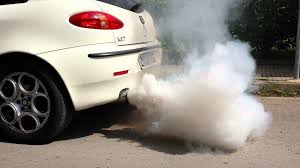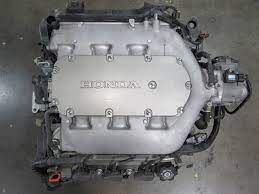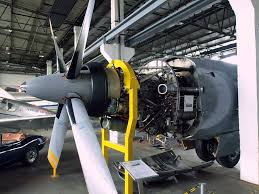V6 engines are far superior to V 4 cylinders. They run faster than V4 engines and consume more fuel. Because of the more cylinder and more spark plugs which causes combustion. Some Mechanics can be confused when fixing them.
V6 engines are more expensive to build and maintain compared to v4. mm 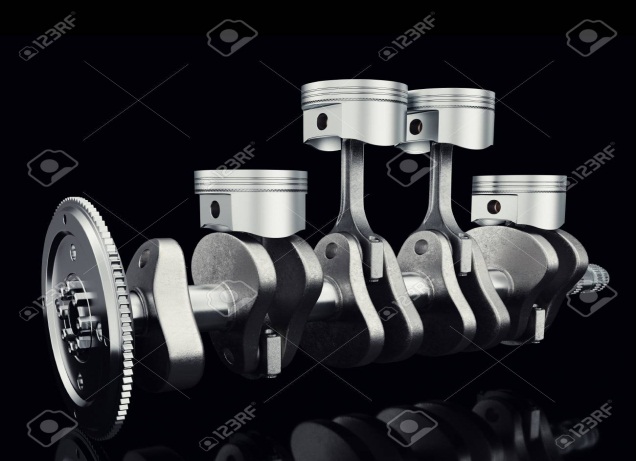
In a 4-cylinder engine, there are four pistons rising and falling in four chambers.
A 6-cylinder engine features six pistons and produces a theoretical 50% more power than the same 4-cylinder engine.
While a 4-cylinder engine will gradually respond when you press on, a 6-cylinder will tend to be more responsive, with greater get-up-and-go.
The 4-cylinder engine is standard in smaller cars, as the relatively light weight of the vehicle makes it an economical choice with plenty of power for average motoring needs.
More cylinders equal more power. 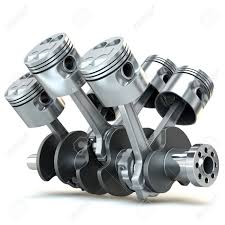
The smaller engine will be less expensive and less fuel consumption.
Because of present of 6-cylinder, speed is made possible. In mountainous areas, the 6-cylinder engine would make faster move.
What is the difference between a V4 engine and a V6 engine?
What is the difference between a V4 engine and a V6 engine? The V4 engine contains 4 cylinders while the V6 engine contains 6 cylinders. A V4 engine is smaller and has less power compared to the bigger and more powerful V6 engine. Moreover, V6 engines also have the ability to accelerate vehicles faster than the V4. Nowadays, the V4 engine is rarely used in automobiles and more commonly used in powerful motorcycles. The V6 engine, on the other hand, is often used in modern, mid-sized cars.
ANOTHER ARTICLE ON FEUL CONSUMPTION
13 Tips to Reduce Fuel Consumption
Here are 13 tips concerning how you drive, what you have in your car, and maintenance issues that let you get as much bang for every buck you spend on fuel.
- You don’t accelerate so hard. The hard you accelerate, the high rate of fuel being push to the combustion chamber. Thereby consuming more fuel. It is interesting to know that such hard acceleration does not contribute to an instant speed.
- Use of car A.C. Using air conditioner can take more fuel. Research shows that a.c while on takes 20% of fuel base on the engine capacity.
- Planning. The best way to reduce the fuel consumption is to embark on a plan movement. Avoid careless movement. If you only need to travel a few blocks, consider walking or even riding a bicycle. Not only will you save money at the pump, the exercise will certainly do you some good.
- Make sure fuel cover is properly closed. Failure to do this could cause evaporation leading to fuel wastage. 147 million gallons of gas were lost last year due to evaporation. Why did it evaporate? The gas cap was not on tight. So just make sure it is tight, and it will enable you to keep all the gas you pay for.
- Avoid wasting. When you need to drive your car, make sure you avoid wasting whenever possible. So if you’re driving your car and for any reason you’re not moving for more than a minutes please switch off the engine. However, only do this when it is safe to do so.
Use of cruise control. Cruise control means that your car will be going at a constant velocity, which means there is no acceleration. No acceleration reduces the amount of work your engine does, and therefore it uses less gas. You should set your cruise control at the speed limit, because 55 miles per hour is the perfect speed for maximum fuel efficiency
Make your car smoother. You can do so by removing the roof racks on top of the car, and also by decreasing the weight of the car by taking out unneeded items
Keep the windows closed. The more aerodynamic your vehicle remains, the better your car’s fuel efficiency. Keeping your windows down while driving creates more drag and wind resistance for your automobile. If you are driving at speeds of less than 35 mph, it is usually okay to keep the windows down. However, at higher speeds, you should keep the windows up order to reduce drag and improve fuel consumption
Minimize air conditioning. There will be times, of course, when summer heat will cause you to use the air conditioning system. However, use the AC in moderation. If you need to choose between keeping your windows rolled down or using the AC at high speeds, use the air conditioning on a low setting
Replace dirty air filters. Dirty air filters cause your car’s engine to work much harder than it has to and always results in poor fuel economy. So, make sure you follow the manufacturer’s recommendation for periodically changing out the air filter. A clean air filter allows your engine to perform more efficiently and also helps you save money at the pump
Maintain proper tire inflation. Check your car owner’s manual and always ensure your tires are inflated to the proper air pressure level. Improperly inflated tires can reduce your car’s fuel economy by up to five percent in some cases. This is quite simply a complete waste of fuel and money
Reduce weight in the vehicle. Get rid of any unnecessary items in your car’s trunk or other areas of the vehicle. For every 100 pounds of weight in the vehicle, your car’s fuel economy decreases by about one or two percent. By making sure your vehicle remains as light as possible, you can improve the fuel consumption of your vehicle and save money on your fuel bill

